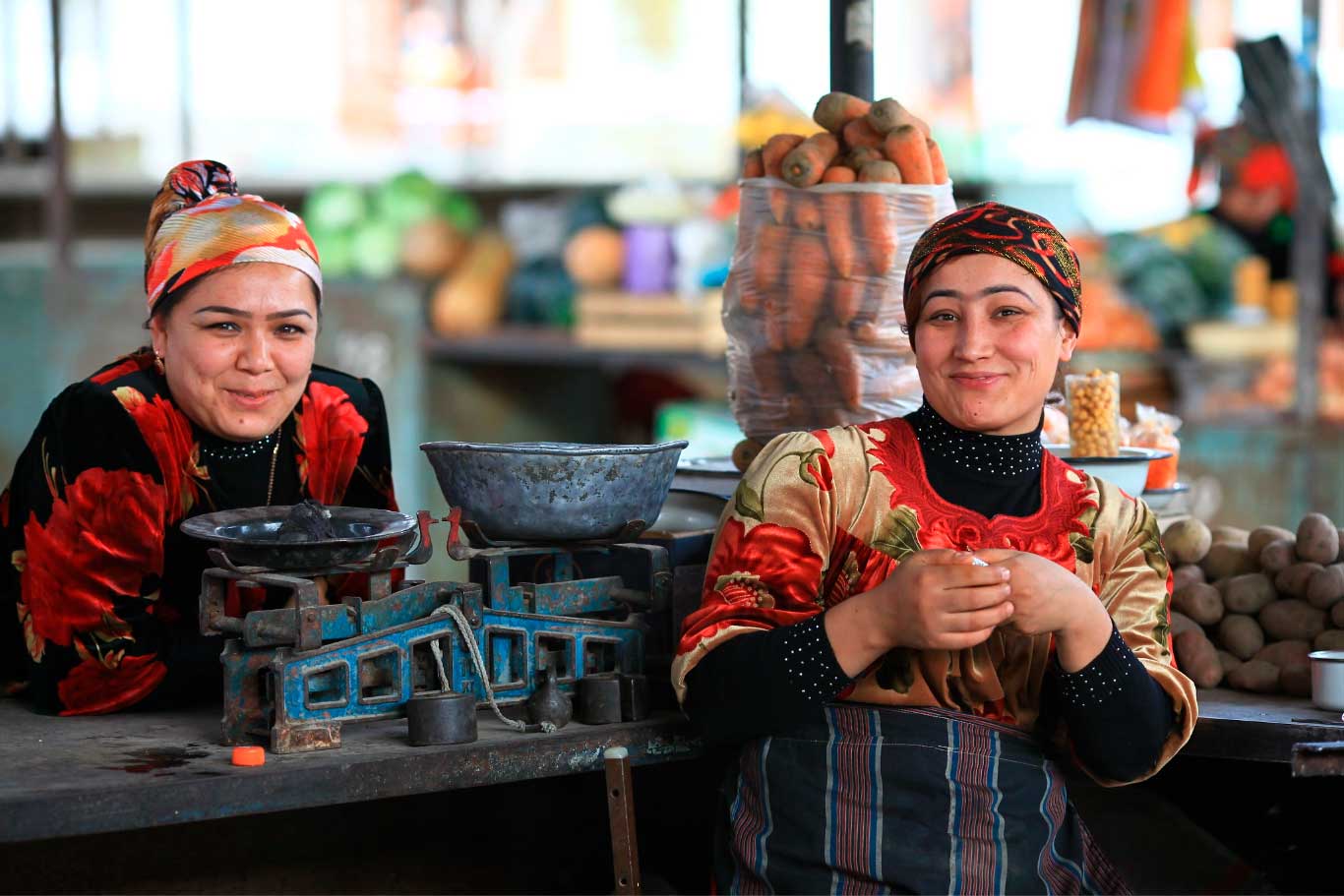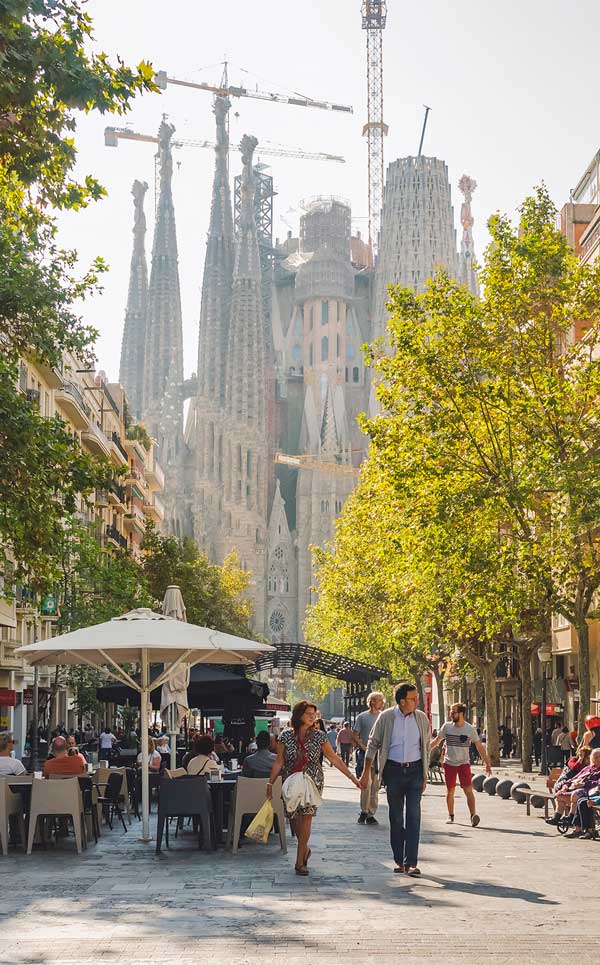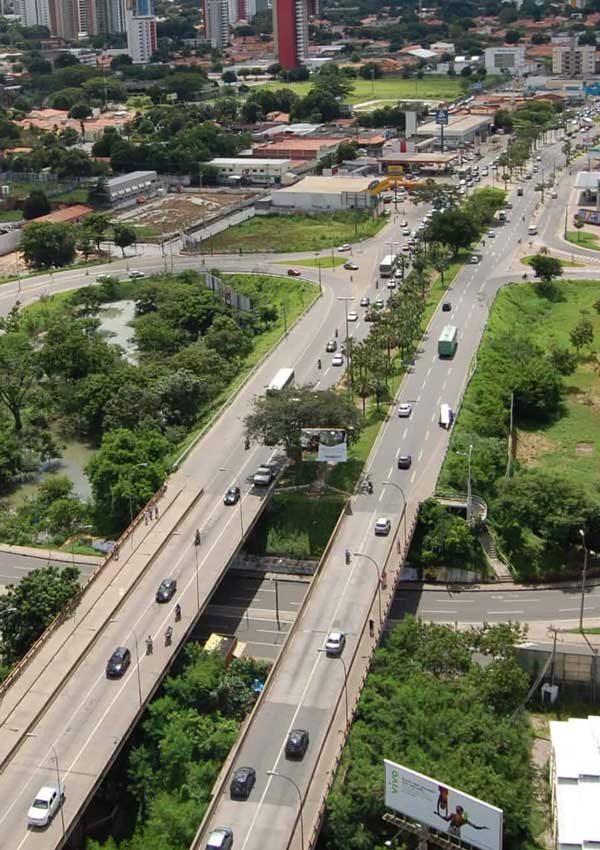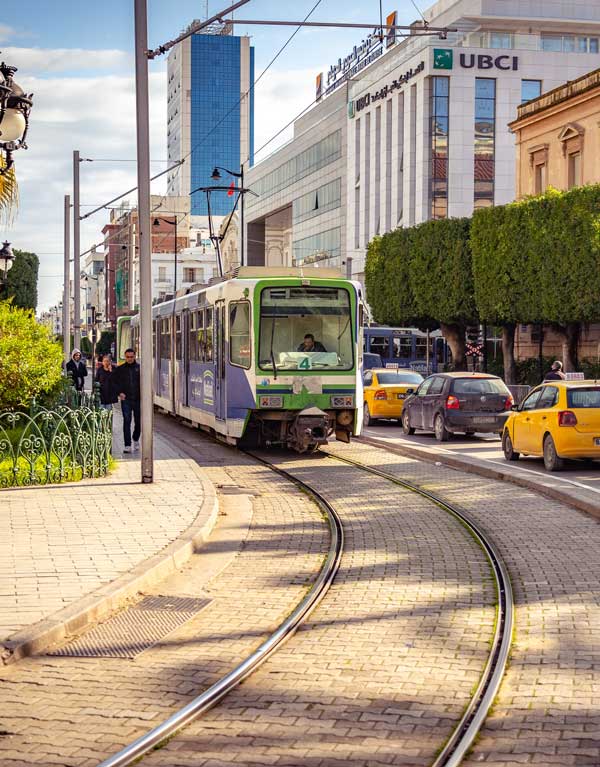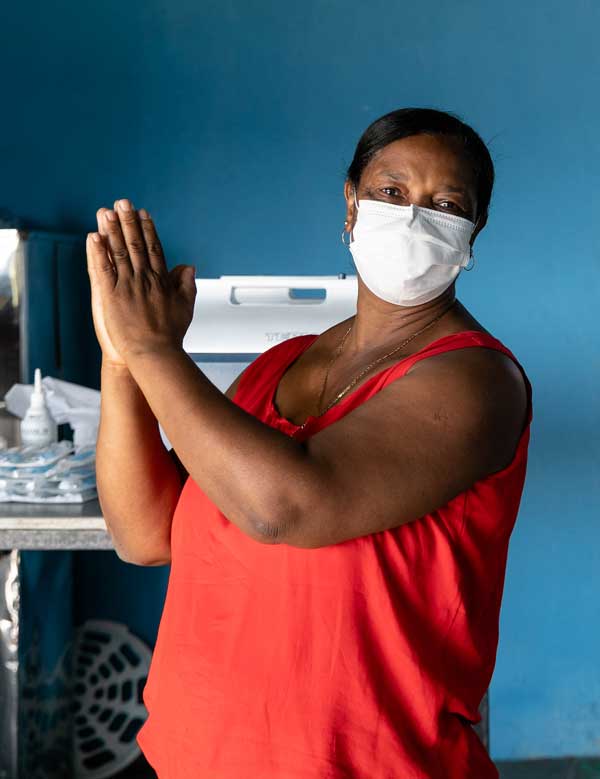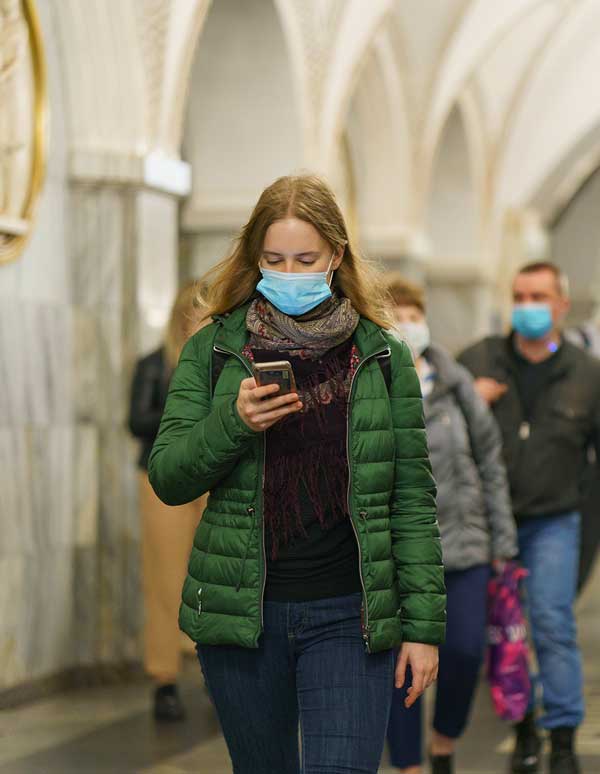What is urban economic resilience?
The capacity and related capabilities of urban communities to plan for, anticipate negative shocks, including long-term stresses, to their economies, reallocate and mobilize resources to withstand those shocks, recover from the shocks, and rebuild at least to pre-crisis levels, while placing their economies on the path to sustainable economic growth and simultaneously strengthening their capacity to deal with any future shocks.
UN Capital Development Fund (UNCDF) 2021
2021
